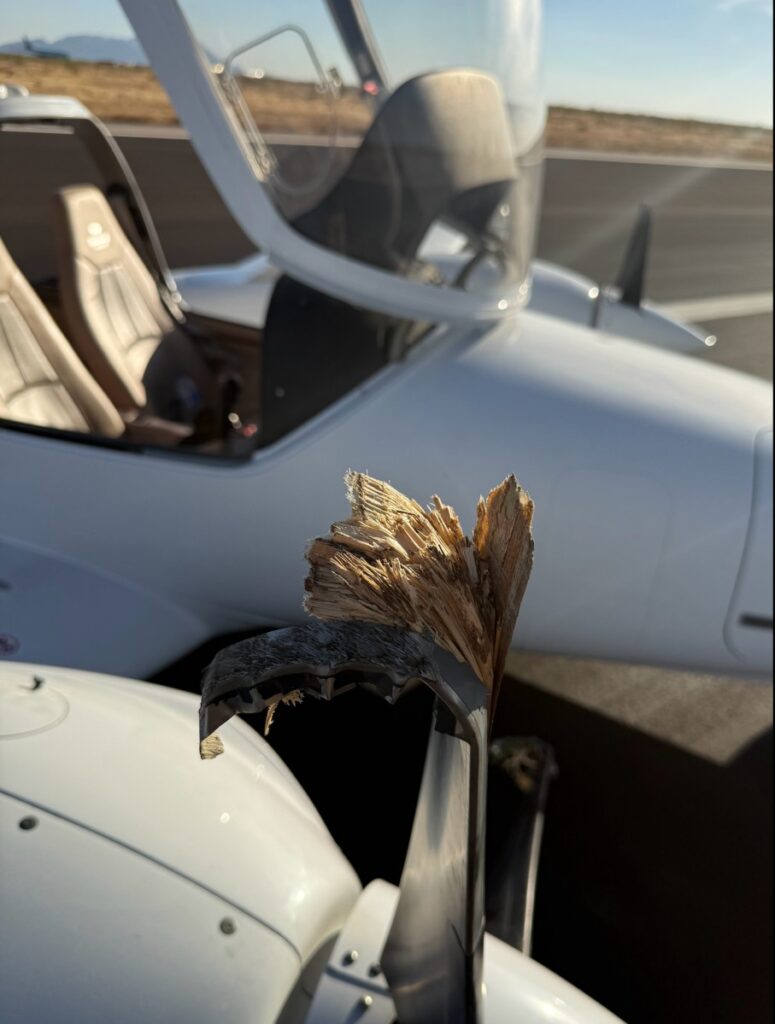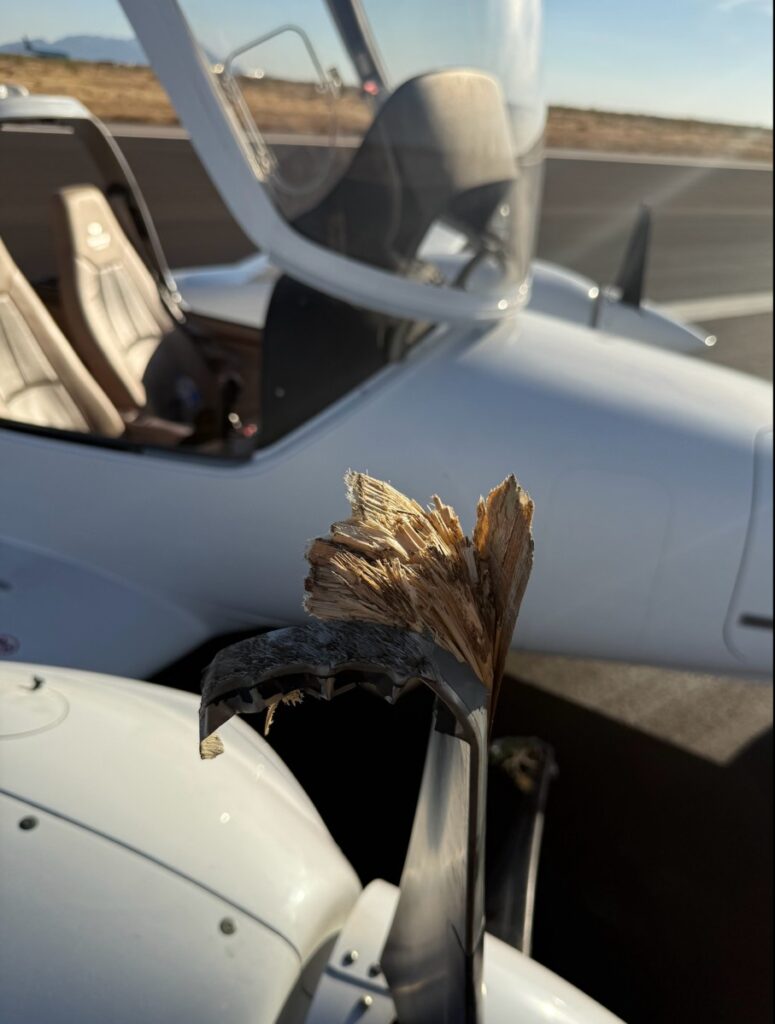If there was a single responsibility that defines the professional pilot it is “risk mitigation”. Sorry to burst your bubbles or ego, but anyone can fly a plane. The big bucks are made by the ability to fly a plane SAFELY. And to do so, all pilot must follow a set of protocols and rules that have been developed as a response to a 100 years of mistakes and lessons. Lessons that have been paid, as we like to say in aviation, in blood.
So. lets talk about checklists. Those little lists you glance at while pretending you’ve got it all under control. Yeah, they’re the difference between landing smoothly and starring in a YouTube fail compilation. Checklists aren’t optional. They’re the line between life and death and skipping them could lead to forgetting your lines in a life-or-death scripted scene. Spoiler: you don’t get a callback.

Being a professional pilot is not just about stick-and-rudder skills or charming the passengers with a smooth drawl over the intercom. It’s about being ready for the real tests—those moments when life throws you a curveball, and you’re judged not just on your decisions but on how you handle the fallout. You’re not just flying a plane; you’re carrying the weight of every soul on board, plus the poor saps on the ground who don’t want a airplane-shaped hole in their day.
This story isn’t a reprimand for human error. We’re human; mistakes are our legacy. Checklists exist for that reason. My aim is to outline the cost of a mistake to our company. If those involved feel uneasy, let this be a reminder: mistakes carry consequences. OWN them, learn from them, grow stronger, and work on rebuilding trust.
So. Let’s talk about the pilots who “forgot” to extend the landing gear two months after we introduced a spectacular DA42 to our multi-engine community. Do these pilots have the faintest clue how much blood, sweat, and swear words went into getting this plane airworthy again? Nope. Seven months later, they haven’t even sent a “my bad” text or offered to chip in for the repair bill or the effort bill. Meanwhile, us owners and our trusty mechanics have been stuck picking up the pieces, sweating it out under the Arizona sun in Coolidge to pick up their mess. Our mechanic, bless his greasy hands, muttered, “I wish, that at least, they’d pulled this stunt at PRC.” For the uninitiated, PRC is our maintenance hub, and the constant road trips from Prescott to Coolidge are like a bad buddy comedy—except nobody’s laughing.
So, here’s the deal, pilots: following your checklists and procedures isn’t a suggestion. It’s not like choosing between ketchup or mustard on your burger. It’s mandatory. It’s the foundation of your job, and if you skip it, you’re not just risking your own neck—you’re gambling with your passengers’ lives and the sanity of everyone who has to pick up your broken pieces.
One of our greatest duties as pilots and humans is to learn from mistakes, extracting everything from the lesson they offer. A gear-up landing reveals clear aviation lessons: sharpen crew resource management, adhere to checklists, enhance aeronautical decision-making, and heed warnings like the blaring gear-up alarm. Beyond these, deeper human lessons emerge. Evaluate your capabilities honestly, recognizing limits and seeking growth. After an accident, take responsibility: apologize sincerely, support the company’s recovery, and propose safety improvements to rebuild trust with integrity.

For us owners, this mistake has meant a grueling comeback story. But we’re the kind of folks who see opportunities where others see a smoking wreck. We’re out here in the heat, cursing and fixing, because that’s what we do. But putting a plane back in the air after a botch like this one is not easy. It was thousands of dollars of repairs, countless hour of work and a ridiculous bill in opportunity costs. In the end. our beloved is back in action and doing what it was meant to do, graduate people on their multi ratings and make dreams come true.
Here is your lesson not just as a pilot but as a professional human—mistakes are part of what we do, we at Flight Stars support mistakes and the people who make them, but what is expected is that if someone makes a mistake, own it and help carry the weight of it. Don’t ghost the folks dealing with your mess. Don’t be the pilot equivalent of that guy who dents your car and speeds off without leaving a note. Apologize. Offer to help. Be a decent member of society. Because in this game, and specially in aviation, accountability is just as important as that checklist you should’ve followed in the first place.
TO BE CONTINUED…
Takeaways for Pilots (and Humans in General):
- Checklists are your lifeline. Years of aviation evolution determined that checklist are important. They should be the most important part of your piloting process.
- Own your mistakes. If you mess up, don’t hide. Say sorry, help out, be accountable for your mistakes. The skies (and the ground crew) will thank you.
Carol Schulz





